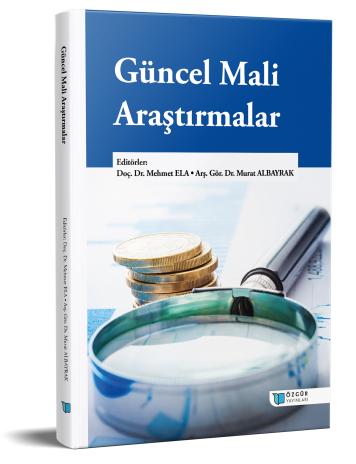
Mülkiyet Hakkının Türk Anayasa Tarihi İçerisindeki Süreci
Şu kitabın bölümü:
Ela,
M.
&
Albayrak,
M.
(eds.)
2024.
Güncel Mali Araştırmalar.
Özet
Mülkiyet, insanlık tarihinin başlangıcına kadar uzanan bir kavramdır. İlkel topluluklarda toprak, su ve doğal kaynaklar ortak mülkiyet kapsamındayken, eşyalar (araçlar ve silahlar) basit mülkiyet formları olarak değerlendirilmiştir. Antik Yunan’da kolektif mülkiyet anlayışının aile mülkiyetine evrildiği görülmektedir. Tarımın gelişmesi, mübadele edilecek meta sayısının artması ve ticaretin ilerlemesiyle taşınabilir servet önem kazanmaya başlamıştır. Roma’da ise başlangıçta aile mülkiyeti hâkimken, zamanla özel mülkiyet anlayışının geliştiği görülmektedir.
Günümüzde kabul edilen mülkiyet anlayışı, toplumsal mülkiyete karşı çıkmakla birlikte, mülkiyet sahibine mutlak bir hak tanıyarak dilediği gibi kullanma özgürlüğü sunan kapitalist mülkiyet anlayışına da karşıdır. Sosyal fonksiyona sahip mülkiyet, sosyal amaçlarla sınırlandırılabilen nispi bir hak niteliğindedir. Anayasa’nın 35. maddesinin üçüncü fıkrasında, mülkiyet hakkının toplum yararına aykırı biçimde kullanılamayacağı belirtilerek mülk sahibine pozitif yükümlülükler getirilmiştir. Ancak, mülkiyet hakkının sınırlandırılmasında yalnızca kamu yararı yeterli değildir; bu sınırlandırmanın yasayla yapılması gerektiği de ifade edilmiştir. Ayrıca, yargı kararlarında ‘hakkın özü’ kavramının daha kapsamlı bir şekilde değerlendirildiği görülmektedir.

